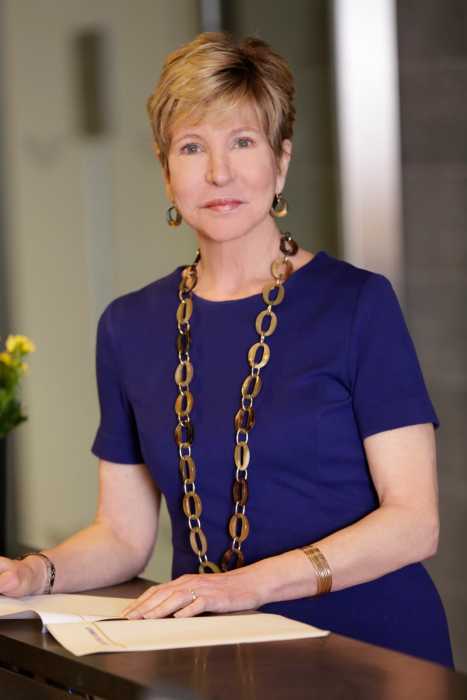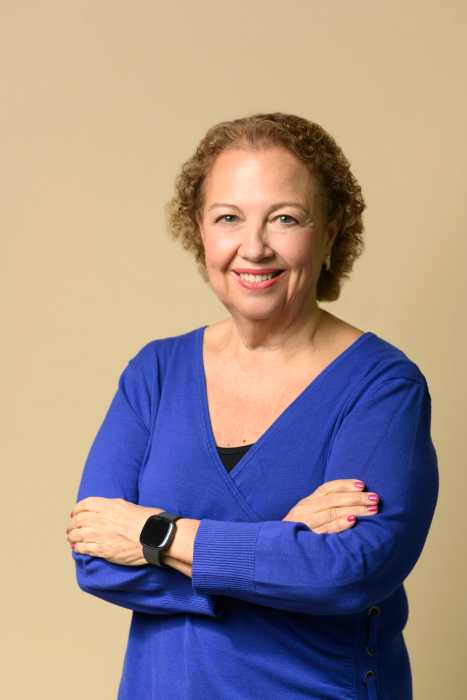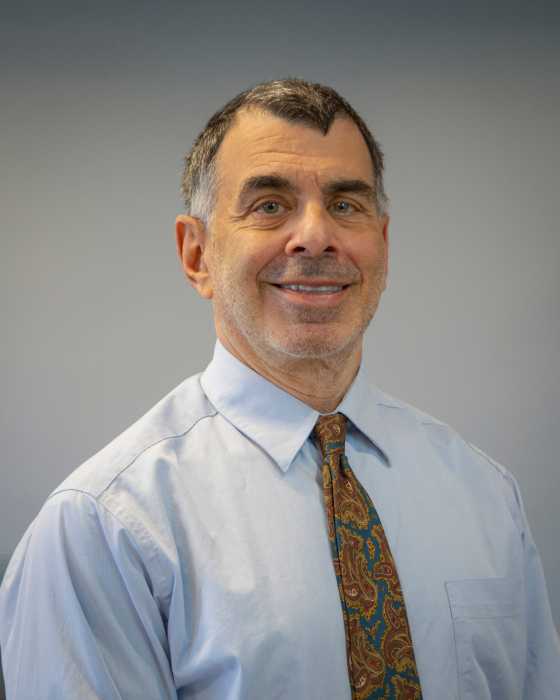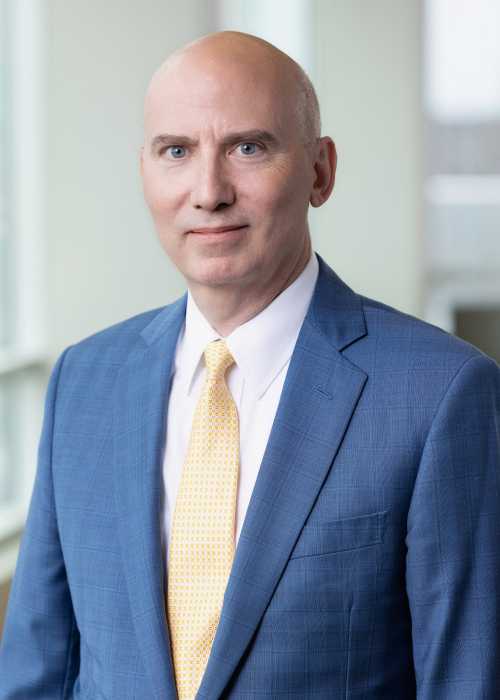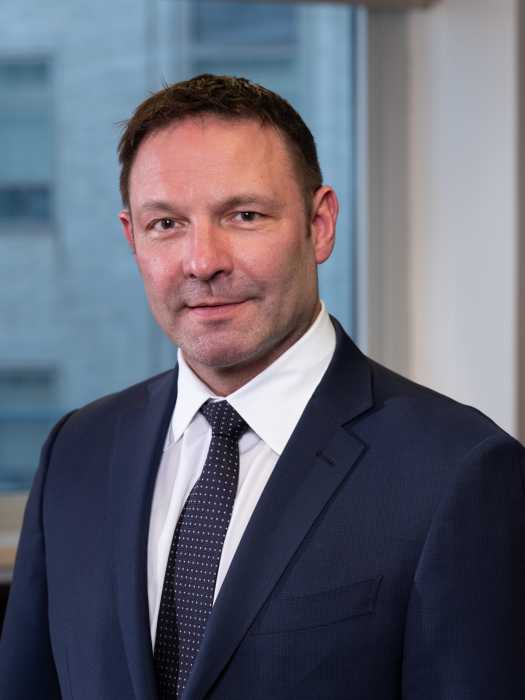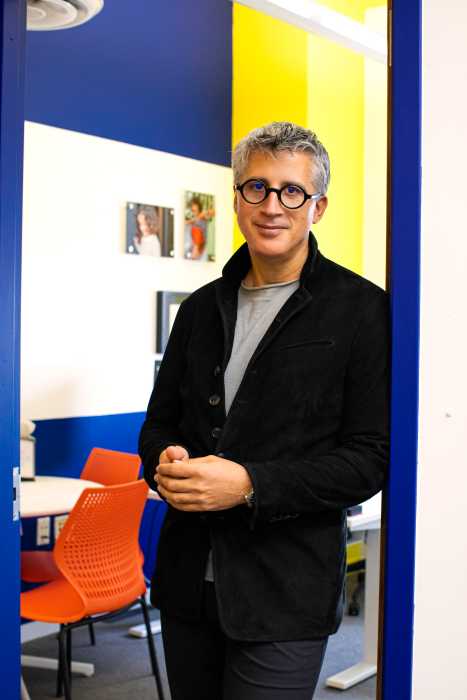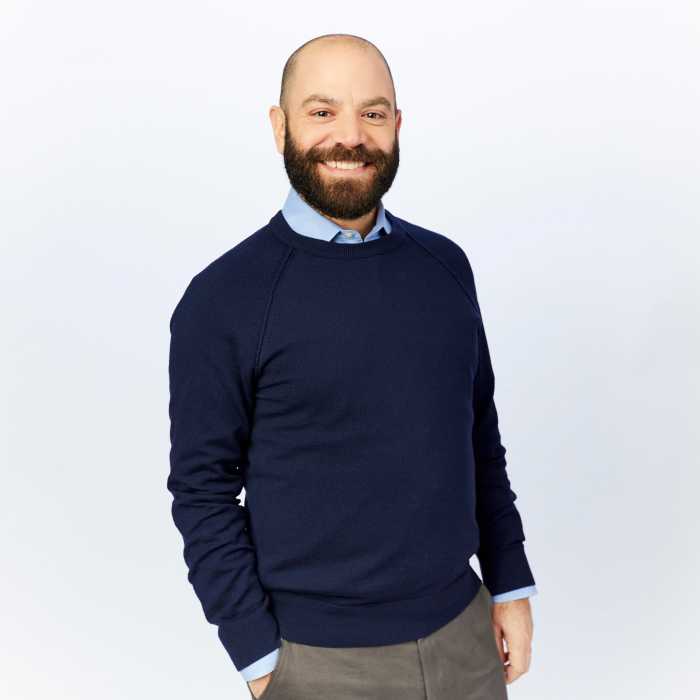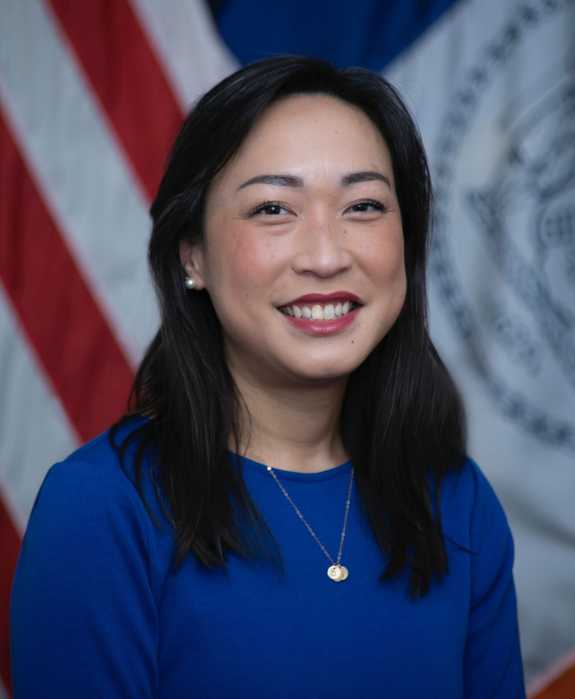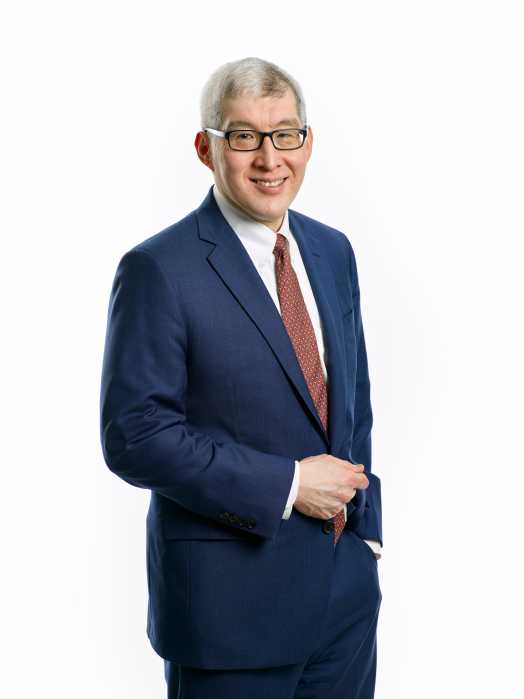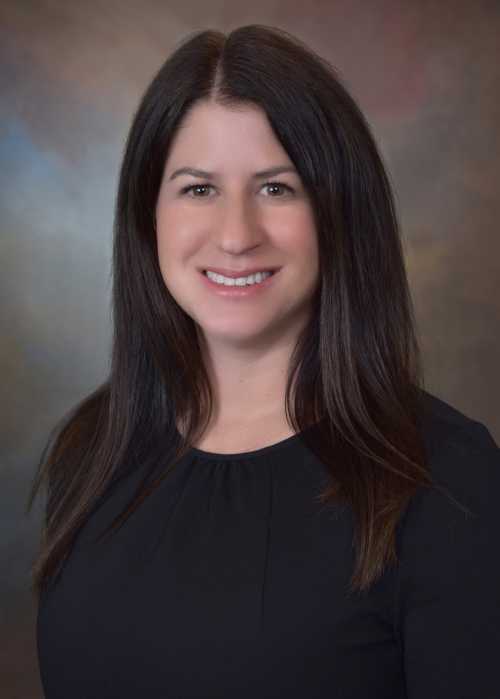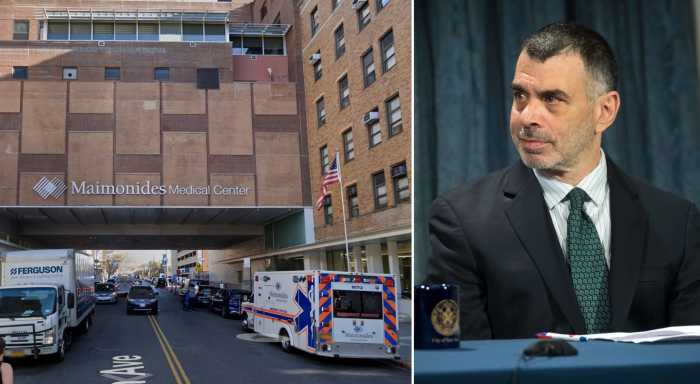Karen Ignagni is CEO of the EmblemHealth family of companies, one of the country’s largest nonprofit health insurers. An influential and innovative leader, she oversees a diverse portfolio of health care companies serving over three million members. She is recognized as one of the most influential people in health care for her work on employee benefits for large unions, health care forms, and her efforts to expand EmblemHealth’s presence in medically underserved communities in NYC.
What influenced you to pursue a career in the health care field?
I came from a working-class family and understood the impact of a family’s inability to afford health care services. Health care policy attracted me because it demands knowledge of the science of medicine, an understanding of policy alternatives, and an understanding of what we can accomplish politically and how.
What is the biggest challenge currently facing New York’s health care system?
The health care system in New York faces the same obstacle as other health systems, shifting from a reactive sick-care system to a focus on a holistic approach that can be affordable to working men and women. To think more extensively, we must overcome economic, social, and other obstacles to health and health care in our communities. EmblemHealth is committed to this evolution and has 14 Neighborhood Care facilities that increase access to healthy food and resources for mental and physical health.
How do you describe your position to people outside of the health care industry?
I am privileged to run such a dynamic, unique, not-for-profit enterprise that focuses on the community it serves.
What can policymakers do to ensure equitable access to quality health care?
To attain health equity, policymakers should collaborate with health plans, health care systems, providers, public health agencies, and community organizations to create solid policies and programs. It is essential to address health care disparities among various racial, ethnic, and socioeconomic groups by making health care more affordable and supporting vulnerable populations.



